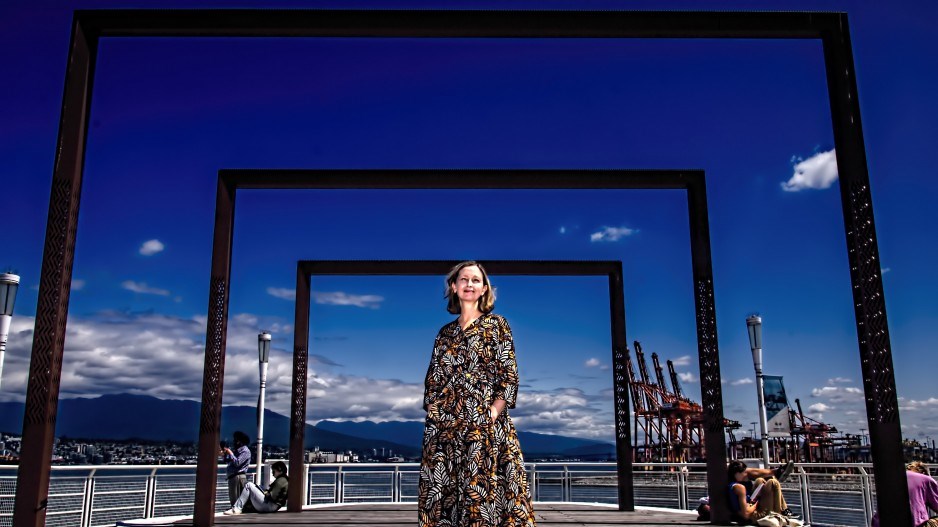Metro Vancouver’s industrial land squeeze is no secret, but the pain it is expected to cause is becoming harder to manage.
With no simple fixes in sight, the stakes are rising for Canada’s largest port – and the local and national economies it supports.
The Port of Vancouver – the most-diversified port in North America – is struggling to acquire the land it needs to support trade, a growing population and economic activity. The consequences are already manifesting in businesses looking to other provinces for industrial land, and in inefficient supply chains at a time when job action also threatens the expeditious movement of goods.
“How that manifests in terms of inefficiency is a container that would arrive at the Port of Vancouver today, with goods that are destined for the local market, are actually being put onto a train and transported outside of the province to markets such as Calgary,” said Jennifer Natland, vice-president of real estate at the Vancouver Fraser Port Authority, the organization that manages federal lands and waters within the Port of Vancouver.
“[The goods] are then sorted and trucked back to the region before their final distribution within [Metro Vancouver].”
Natland said that this type of activity will only increase if land isn’t allocated for warehouses and distribution centres in the region.
Metro Vancouver as a whole needs 404.7 hectares (1,000 acres) of land over the next 10 years to properly support trade to Canada through the Port of Vancouver, she said.
Natland would not indicate how many acres of land the Vancouver Fraser Port Authority needs.
Chris MacCauley, executive vice-president at commercial real estate company CBRE, estimates that the port itself needs 607 hectares (1,500 acres) of land over the next decade.
“We simply don't have 1,500 acres of industrial land in Vancouver,” said MacCauley.
“And that's just what the port needs, that doesn't even take into account what our local industrial needs are, other things that are not port related, new entrants coming to the market or existing companies that need to expand. You have many stakeholders at the table looking for a piece of the pie and there's no pie.”
The Port of Vancouver borders 16 municipalities and encompasses roughly 16,000 hectares of water, 1,500 hectares of land and hundreds of kilometres of shoreline.
A potential solution to the land squeeze – albeit a controversial one – may lie in B.C.’s agricultural land reserve (ALR), MacCauley said.
“We've been talking about [multi-storey and stacked industrial] for years now and it's been proven across North America that it is not the answer. That is a solution for certain problems, but it's not a solution when we're talking about trade enabling lands,” said MacCauley.
Instead of constructing new industrial parks, MacCauley proposes adding ALR land to existing industrial parks. He emphasized that the focus would be on land that is not being utilized for agricultural purposes but is still protected under the ALR designation.
“I'm not saying that we have to give up food security or pave over good agricultural land that is currently producing,” he said. “I think what we really have to do is revisit a 50-year-old charter and find a balance of what is needed for the agricultural community and what is needed for the industrial community.”
Kim Grout, CEO at the provincial Agricultural Land Commission, said that she understands the need for more industrial land, but acknowledged that agricultural land is also in short supply.
“There's lots of ALR that's owned by people who intend to hold it, in some cases for a generation in the hopes that it'll be something else in the future.… There's no restriction on ownership in the ALR, which sometimes is the challenge,” she said.
The agricultural land commission would not support the ALR being bought by the port for industrial uses, said Grout.
This article is first in a two-part series on industrial land. Read the second part of this story here.




